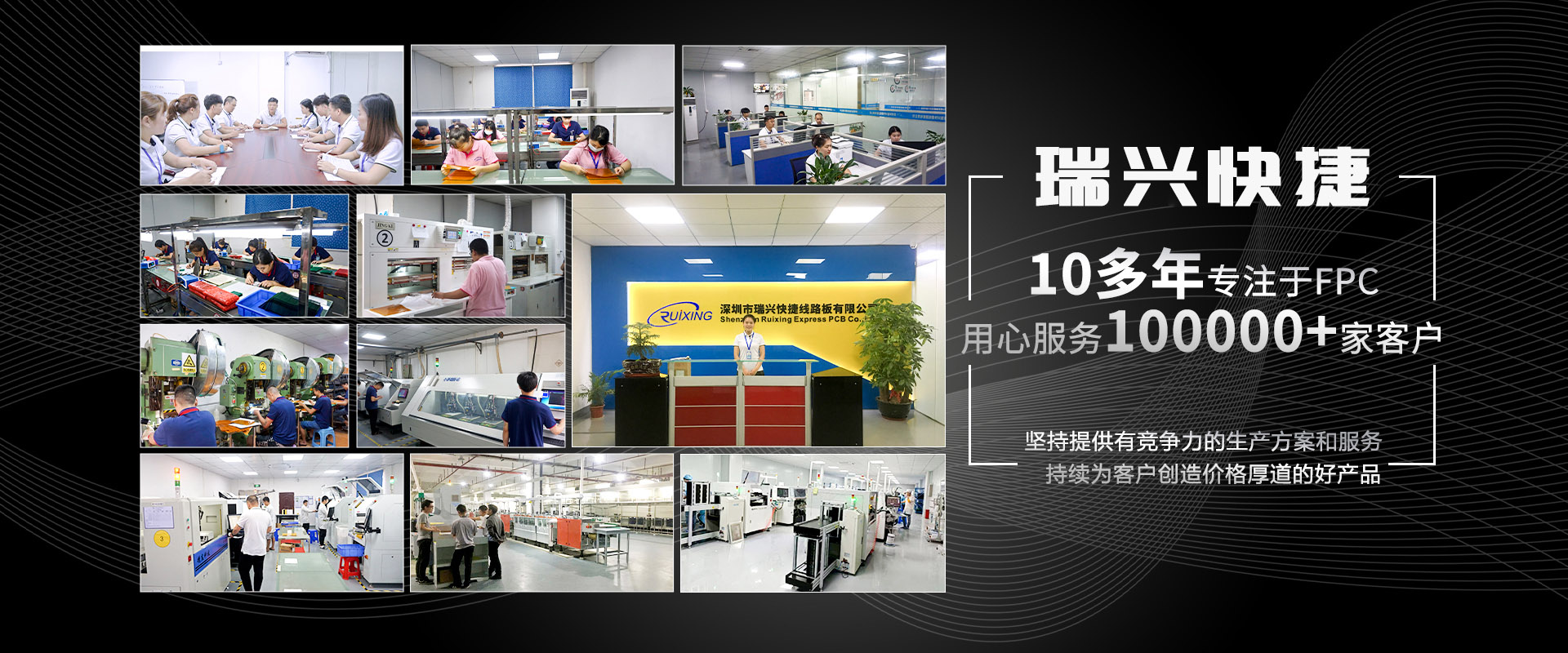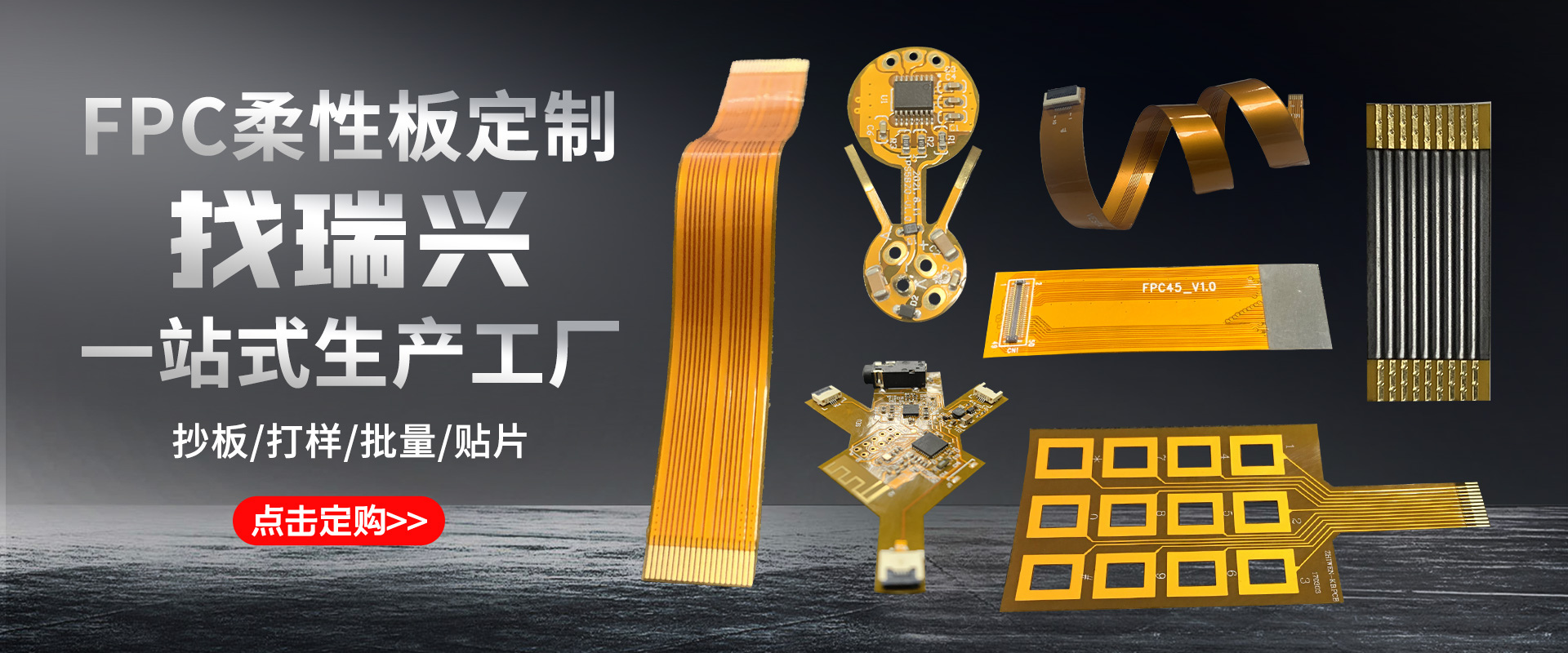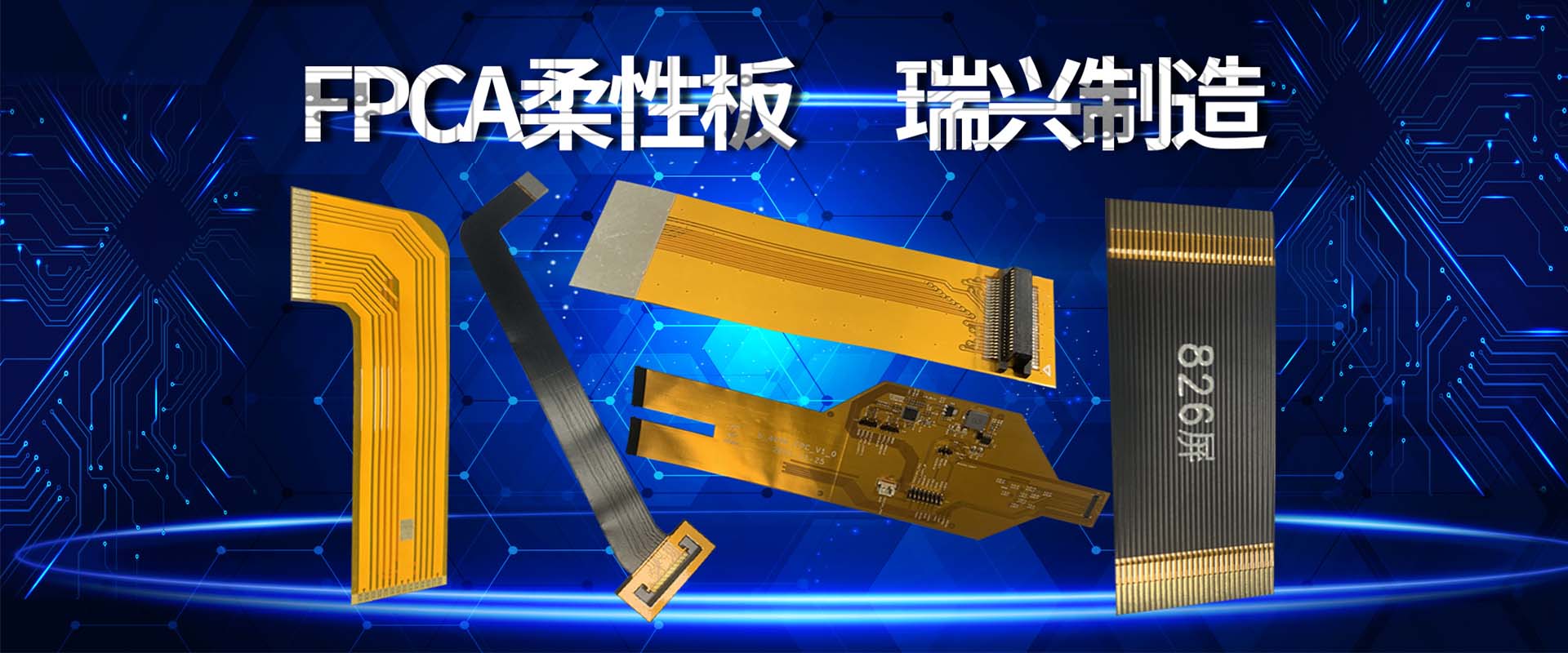
These PCB factories are core suppliers of Huawei’s P40 series PCB/FPC
Last week, Huawei officially released the new Huawei P40 series mobile phones, and recently Guosheng Electronics revealed a list of core suppliers for the P40 series mobile phones.
According to the exposed Huawei P40 list
Huawei P40 standard version: the screen is supplied by BOE Technology, the key parts of CIS camera are supplied by Sony and Weir, and the camera module suppliers are Sunny Optical, OphiLight, Luxshare (Lijing) and Qiuti Technology; Lens suppliers include Daliguang, Sunny Optical and Kanto Chenmei; The filter is supplied by Crystal Optoelectronics, and the PCB is supplied by Pengding Holdings and Dongshan Precision.
Huawei P40 Pro and Huawei P40Pro+: screens are supplied by BOE Technology and LGD, and key parts of CIS cameras are supplied by Sony; The camera module is supplied by Sunny Optical, Oufeiguang, Luxshare (Lijing) and Qiuti Technology; Lens is supplied by Daliguang and Sunny Optical; Narrowband filters and ircf are supplied by Crystal Optoelectronics, while PCB/FPC circuit boards are supplied by Pengding Holdings, Dongshan Precision, and Jingwang Electronics.
Printed boards have evolved from single-layer boards to double-sided boards, high multilayer boards, and flexible boards, and still maintain their respective development trends. Due to the continuous development towards high-precision, high-density, and high reliability, as well as the continuous reduction of volume, cost reduction, and performance improvement, printed boards still maintain strong vitality in the future development of electronic equipment engineering.
The discussion on the development trend of future PCB production and manufacturing technology by various domestic and foreign board factories is basically consistent, that is, towards high-density, high-precision, fine aperture, fine wires, small spacing, high reliability, multi-layer, high-speed transmission characteristics, and lightweight development. At the same time, in production, it aims to improve productivity, reduce costs, reduce pollution, and adapt to multi variety and small batch production.
FPC (Flexible Circuit Board) is a type of PCB, also known as a "soft board". FPC is made of flexible substrates such as polyimide or polyester film. It has the advantages of high wiring density, light weight, thin thickness, bendability, high flexibility, and can withstand millions of times of dynamic bending without damaging the wires. It can move and expand freely according to the requirements of spatial layout, realize three-dimensional assembly, achieve the effect of integration of component assembly and wire connection, and has advantages unmatched by other types of circuit boards.
Generally, FPC single layer and two-layer boards are in the majority. Multilayer FPC is also used more and more in high-speed and high-frequency circuit boards. It is widely used in Optical module and medical electronics.
At present, the main application scenarios of FPC include mobile phones, electronic watches, Optical module, medical electronics, aerospace products, laptops, etc. These application scenarios mainly focus on the lightness and thinness of FPC. It can effectively save product volume and easily connect screens, cameras, batteries, and keyboards.
In recent years, the consumer electronics market, led by mobile electronic devices such as smartphones and tablets, has grown rapidly, and the trend of miniaturization and thinness of devices has become increasingly evident. Traditional PCBs are no longer able to meet the requirements of some special products, so major manufacturers are starting to research new technologies to replace PCBs. Among them, FPC, as the most favored technology, is becoming one of the main connector components for electronic devices.







